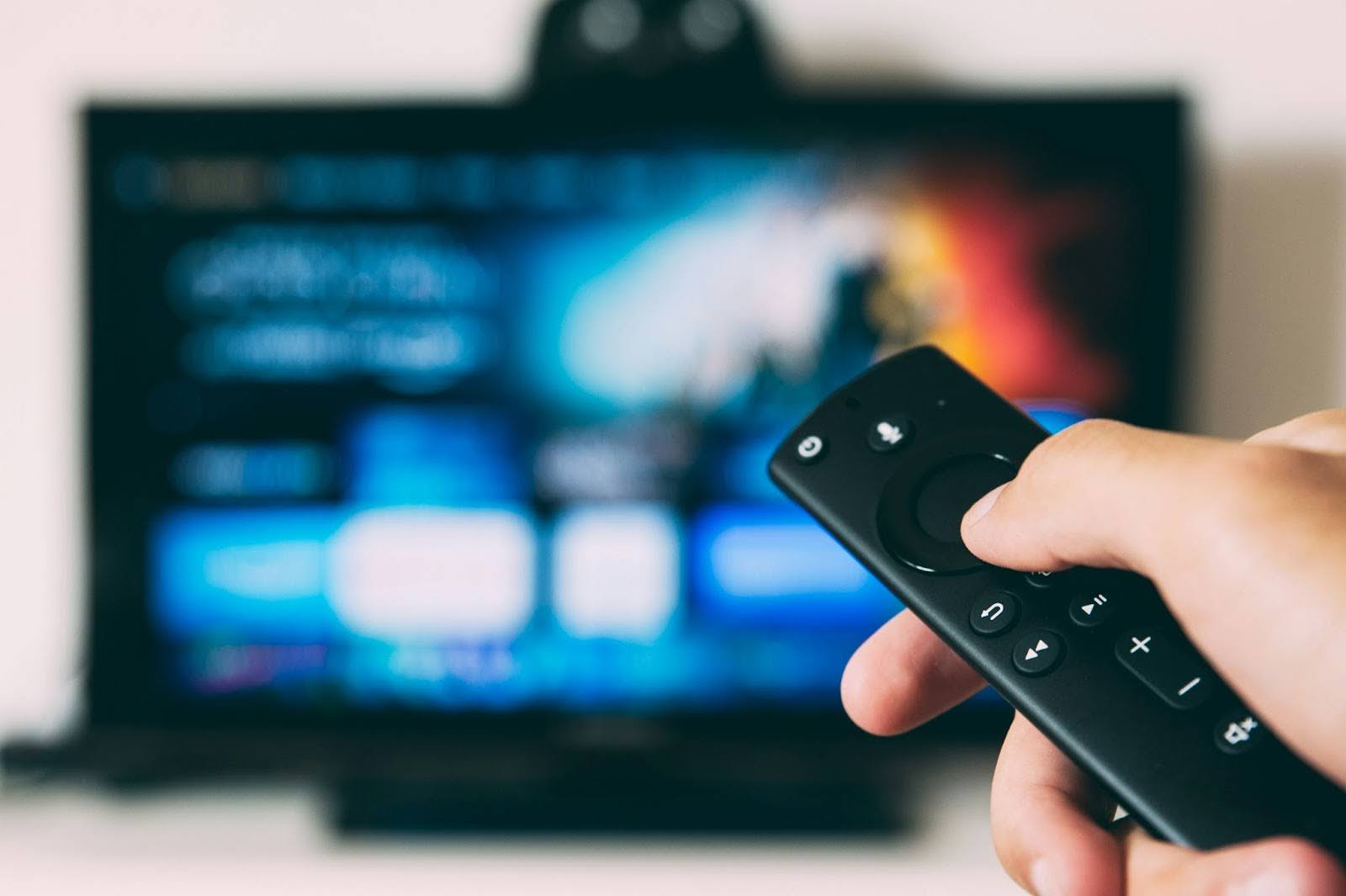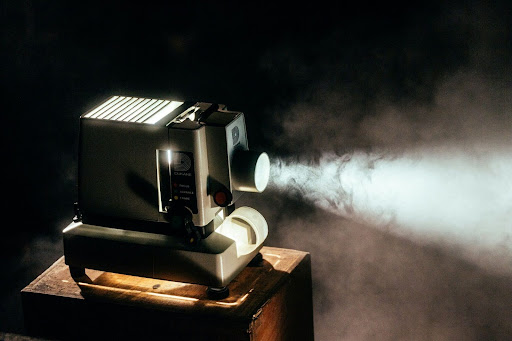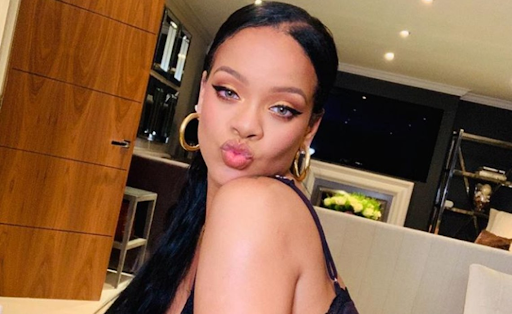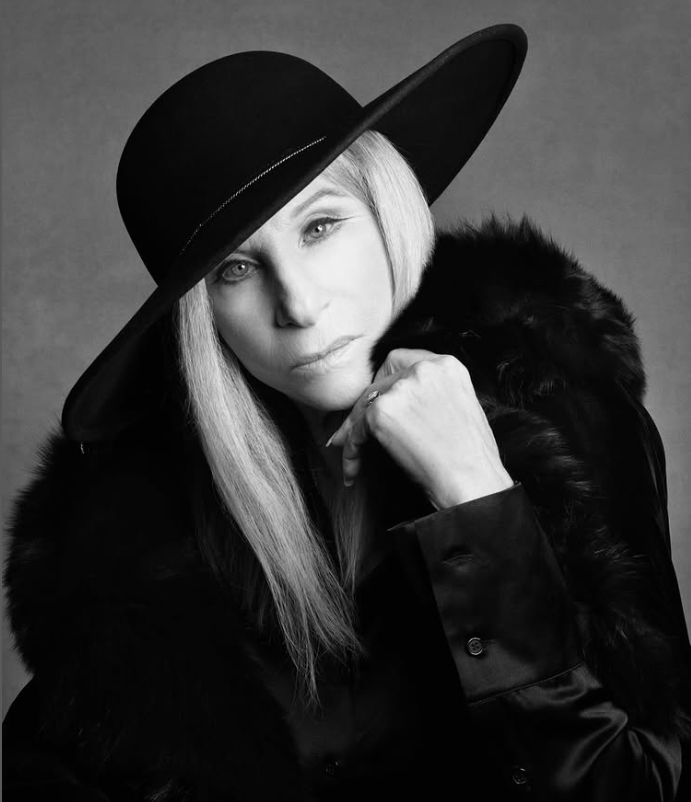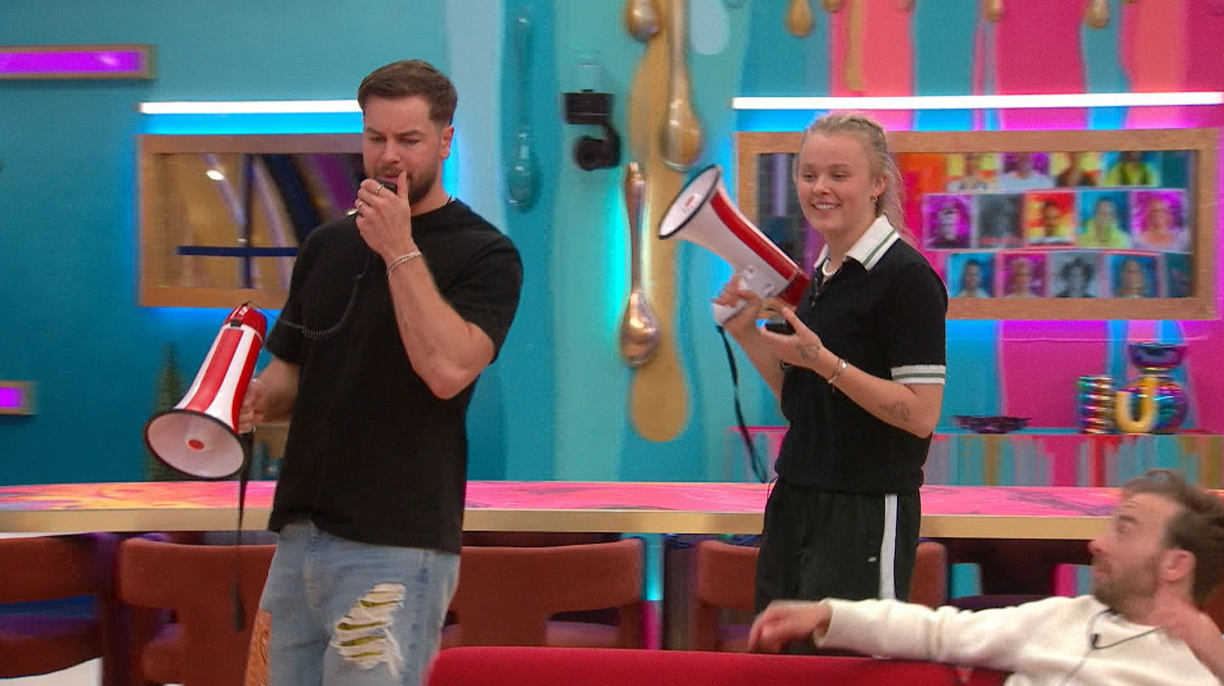CULTURE
When America Doesn’t Care That You’re Famous: Aaron Carter’s Cries for Help
12 Jun, 21
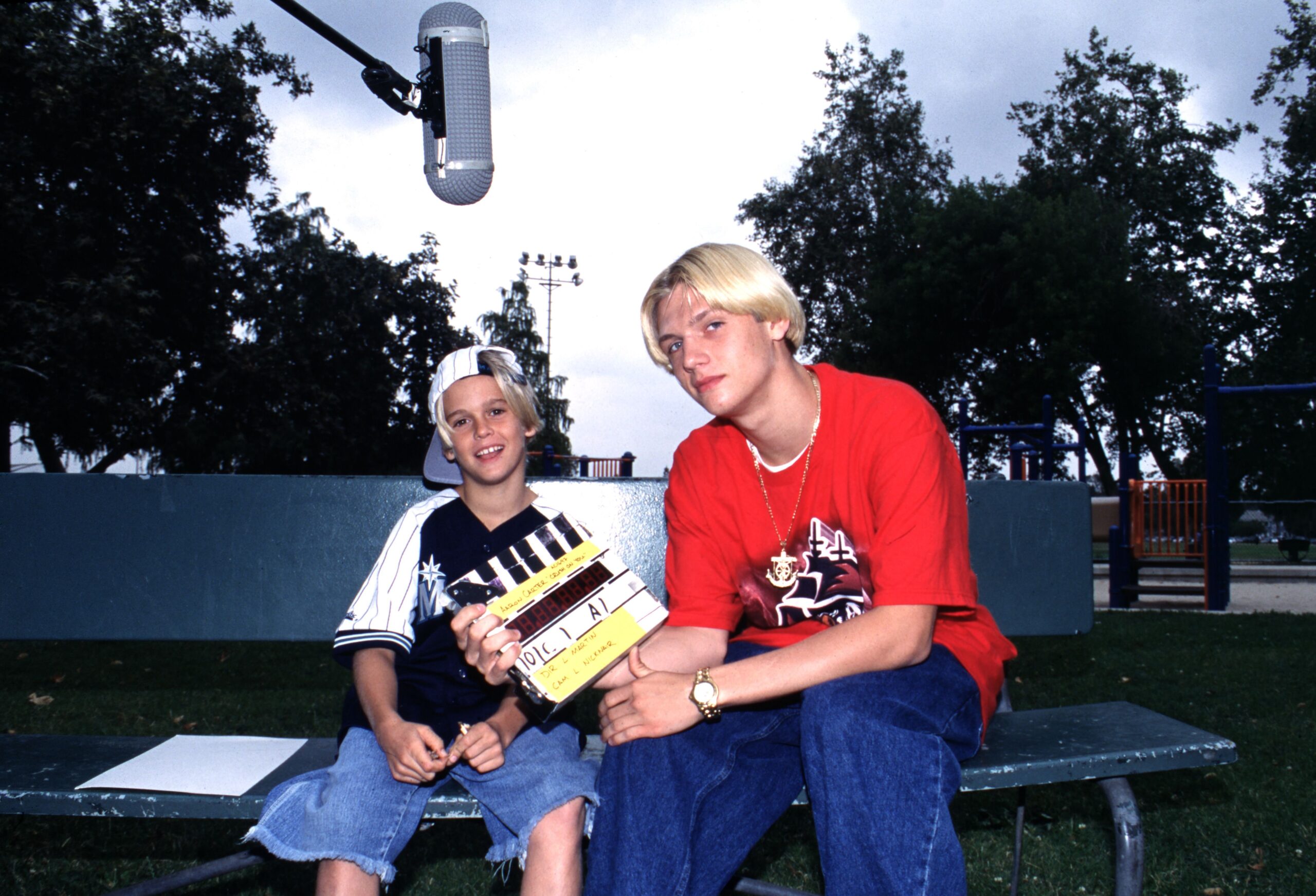
Aaron Carter
By: Andre Csillag/Shutterstock
Twelve years before Justin Bieber dropped his debut album, My World, and shook the tween universe with his side-swept bangs, there was Aaron Carter.
The younger brother of Backstreet Boy’s heartthrob Nick Carter, Aaron was responsible for some of the most iconic hits of 2000, from “Aaron’s Party (Come Get It)” and “That’s How I Beat Shaq” to his overplayed cover of The Strangelove’s “I Want Candy.” Carter arguably “paved the way” for today’s tween pop stars like Bieber to become cultural phenomenons.
Yet, as Carter once called out on Twitter, “These kids have NEVER paid me homage.” To which Bieber himself responded, “Aaron carter I had your album when I was little. And bumped the song Aaron’s party. I was like 7. If you need a hype man I got you.”
More interestingly, however, Aaron Carter exemplifies how a sensational teenage pop star can fall from grace into a pit of drug addiction and mental illness — and no one can notice. America’s infatuation with celebrities is mostly founded upon the hope that one day our icons will crash and burn; that way, we can witness the depths of their ruin and simultaneous determination to rise from the ashes and redeem themselves and their careers.
Ultimately, we root for them like modern-day epic heroes embarking on great quests and surviving their own tragic flaws. Plus, there’s usually sex and drugs involved, which usually results in hilarious, cringey antics.
Back when tabloids were just beginning their love affair with Lindsay Lohan’s long and slow decline from the darling in Parent Trap (1998) to Hollywood party girl to yet another reality TV caricature (RIP Lindsay Lohan’s Beach Club)—and just one year before Britney Spears’ public breakdown and before Keeping Up with the Kardashians plumbed the depths of reality TV—there was E! network’s reality TV series House of Carter, starring Nick Carter, Aaron Carter, and their three sisters. Donning Ed Hardy trucker hats and speaking with a “dawg”-infused blaccent that could rival Ariana Grande’s, the show (literally) broadcasted Aaron Carter’s “self-destructive habits.”
And no one cared. As it turned out, being a celebrity “trainwreck” isn’t enough to revive public interest. Even in the age of #FreeBritney and celebrity sex tape scandals, a starlet’s 15 minutes of fame seemed to come with a very narrow window of time in which they can turn their fall into an epic spectacle or just…disappear. Aaron Carter is an early aughts star who missed his window — so he keeps falling out of it in the hopes that America will notice.
Follow us on this cringey journey through the public cries for help Aaron Carter has staged in the last few years.
Eating Disorder (2017)
In 2017, days after he was arrested for a DUI, the then-29-year-old gave a tearful interview to Entertainment Tonight about his body image issues. “I have a stress condition; it’s an eating disorder.”
EXCLUSIVE: Aaron Carter Tears Up Talking About His Eating Disorder Admits He Gets Fillers in His …youtu.be
Carter’s weight had been a long-time concern, but he’d consistently blamed it on a hiatal hernia he’d been “diagnosed” with at age 19. But even severe hiatal hernias (which usually occur in people over 50) aren’t commonly linked to emaciation. As the host of The Doctors told him, “You are malnourished, and your body mass index at 17 is in a scary range.” Dr Stork added, “We can’t just sit here and blame it on a hiatal hernia. We have got to work on this.”
HIV (2017)
When he appeared on The Doctors, aside from problematic comments that conflated bisexuality with simple appreciation of both male and female beauty, Carter said he was concerned he had HIV because he “hadn’t always been safe, sexually.”
Aaron Carter Opens up about His Sexualityyoutu.be
While he tested negative, the doctors tried to direct his attention to the number of prescription drugs he was taking. Specifically, Carter was warned that his combination of drugs was the same one that caused his sister, Leslie Carter’s, death from overdosing in 2012.
Aaron Carter Gets Emotional After Getting Results of His HIV Test on ‘The Doctors’ — Watch!youtu.be
Addiction (2018)
Carter entered rehab in 2018, where he says he was diagnosed with PTSD caused by the recent death of his father that year, compounded by the sudden death of his sister six years prior. During his two-month stay, the singer went from weighing 115 pounds to 160 pounds. Soon after leaving rehab, Carter released his first album in 15 years, LøVë, which peaked at number 37 on Billboard’s US Independent Albums chart.
Aaron Carter Opens Up About Addiction and How He Was Able to Gain Weight So Quickly (Exclusive)youtu.be
Schizophrenia, “Multiple Personality Disorder,” and Acute Anxiety (2019)
Carter, 31, returned to The Doctors to make a confusing declaration. “The official diagnosis is that I suffer from multiple personality disorder, schizophrenia, acute anxiety; I’m manic depressive,” Carter said. As an “official diagnosis,” it’s very odd and unlikely that he was told he has “multiple personality disorder” or “manic depression,” as those are both outdated terms that are no longer used by mental health professionals. Those severe conditions are now referred to as Dissociative Identity Disorder and Bipolar Disorder, respectively.
Carter continued, “I’m prescribed to Xanax, Seroquel, gabapentin, hydroxyzine, trazodone, omeprazole.” Holding up a bag of prescription pill bottles, Carter stared dead-eyed at the audience. “This is my reality. Hi,” he said.
Aaron Carter Reveals His Mental Diagnoses and Prescriptionsyoutu.be
In September of last year, Aaron Carter’s brother and sister filed a restraining order against him. Nick Carter posted on Twitter that his fears were in response to “increasingly alarming behavior and [Aaron’s] recent confession that he harbors thoughts and intentions of killing my pregnant wife and unborn child.” He added hope that “he gets the proper treatment he needs before any harm comes to himself or anyone else.
In response, Carter displayed more of the exact concerning behavior in question. He’s been manically updating his Twitter account all week, including briefly changing his display name to “if your reading this its too late.” He posted, “All I ask is for my family to leave me alone. This is blood. Not love. I will never be around you and I don’t want to be around you. I am the one who said I’m done then you send me this?! Ok. Stop trying to be 5150’d before I file a harassment suit myself nick I have the $.”
After accusing his brother of trying to have him institutionalized in a 72-hour psychiatric hold, Carter threatened to sue and began calling his brother a rapist (referring to public accusations of fans who have accused Nick Carter of assaulting them). Regardless of whether Nick Carter should be the next #MeToo musician, Aaron Carter tested positive for cannabis and opiates, despite vowing he was clean post-rehab, and he’s been bizarrely outspoken about owning more than 500 guns and his eagerness to “protect” himself and his family. (He’s also a confirmed dog abuser).
Obviously, struggles with mental illness and addiction are real and valid. Millions of people survive addiction and mental health crises every year, and spreading awareness through public platforms is progressive and empowering.
However, spreading misinformation about mental illness is invalidating to individuals affected by it and hinders society from normalizing and better understanding mental health care. Living with a mental illness has absolutely nothing to do with being attention-seeking, narcissistic, or showboating.That’s just Aaron Carter being Aaron Carter.
In 2020, Aaron Carte gave sex work a bad name when he made his adult film debut as a cam boy via CamSoda, with a representative of the site teasing that the singer will “eat bananas teasingly and peel some with his feet” and then pleasure himself. The former singer also ran his poorly reviewed Only Fans.
Recently, Carter was knocked out by Lamar Odom in a celebrity boxing match that few people were aware of beforehand. With Carter knocked out in two rounds, Uproxx noted, “hardly anything about it felt real.”
Is Aaron Carter even real? At best, he’s a byproduct of early 2000s pop fantasia and tween fanaticism. At worst, he’s a has-been whose personal struggles have knocked him from an adolescent limelight into the darkness of adulthood and who will chase the light by any means.
- 8 Celebrities Who Peaked Before they Were Famous – Popdust ›
- Bell Let’s Talk and the Corporatization of Mental Health – Popdust ›
